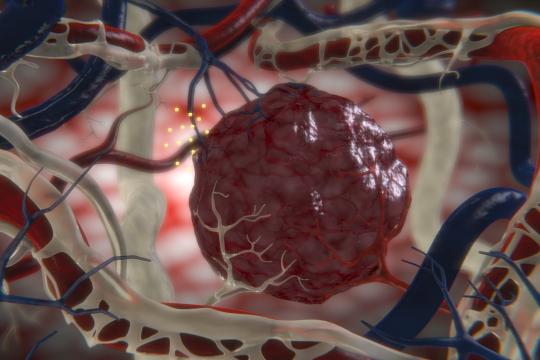Our lab won't go bancrupt in 2025!

Our lab has been so unlucky with its recent grant applications that I was already seriously considering alternative career paths. Like becoming a tram driver. Helsinki and its surrounding cities are expanding their tram networks, and good drivers are rare. However, the Cancer Foundation Finland has now ended our unlucky streak! Although it is only a modest amount, I am hopeful for the future. Not all research is equally expensive: some methods need more money than others, and ours are at the budget end of that spectrum.
What project got funded? Well, it's not our novel protein expression system, but a project to answer a question that has been bugging many vascular biology researchers since 2001, when the Achen/Stacker lab published a paper showing that mouse and human VEGF-D do NOT share the same receptors, but that mouse VEGF-D does not bind mouse VEGFR-2 (Baldwin et al., 2001). We showed in 2011 and 2019, that the proteolytic activation of VEGF-D by cathepsin D leads to a loss of all VEGFR-3 binding in human VEGF-D. If this was true for mouse VEGF-D as well, it would be a growth factor without a receptor! This is not impossible, but it would be exceptional.
It is important to get these molecular details right because we are testing our future cancer drugs always in mice. If there is a big difference in the angiogenic signaling between mice and men, this could render much mouse data very difficult to interpret and perhaps even explain why drugs that work well in mice fail in humans. Notably, among all drugs, oncology drugs have the worst success rates in clinical trials. There is reasonable evidence to believe that VEGF-D is the "bad boy" in the VEGF family, i.e., the one that is responsible for cancers developing resistance against antiangiogenic cancer therapies, that are based on blocking VEGF-A.
In any case, a big shout-out to the Cancer Foundation Finland! Read here about the award.



